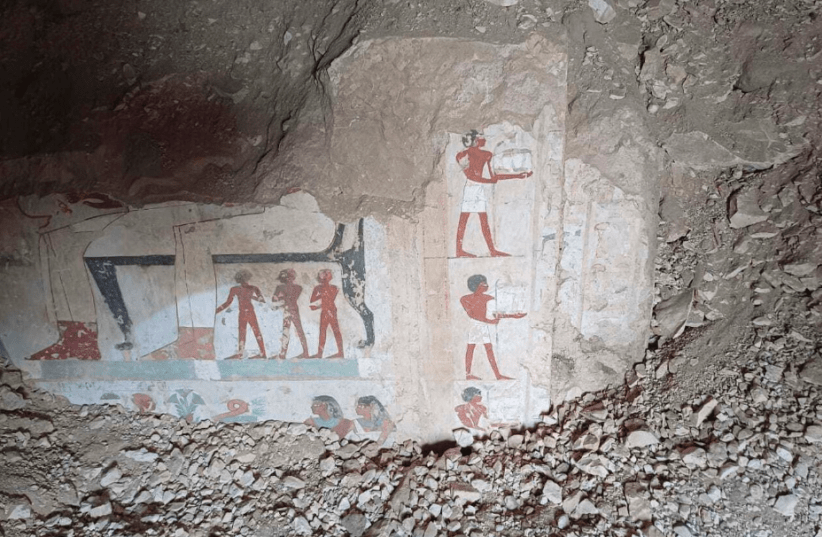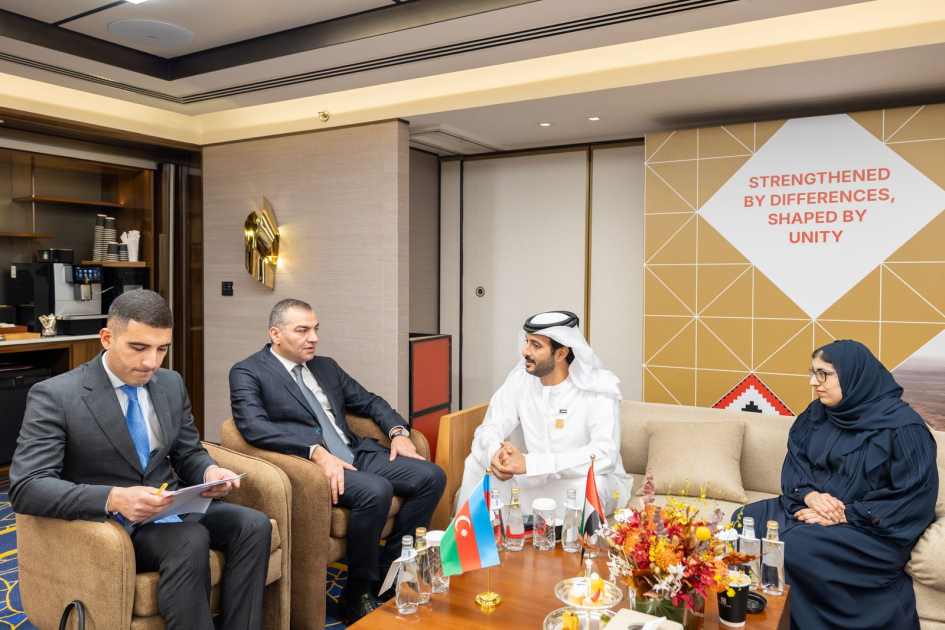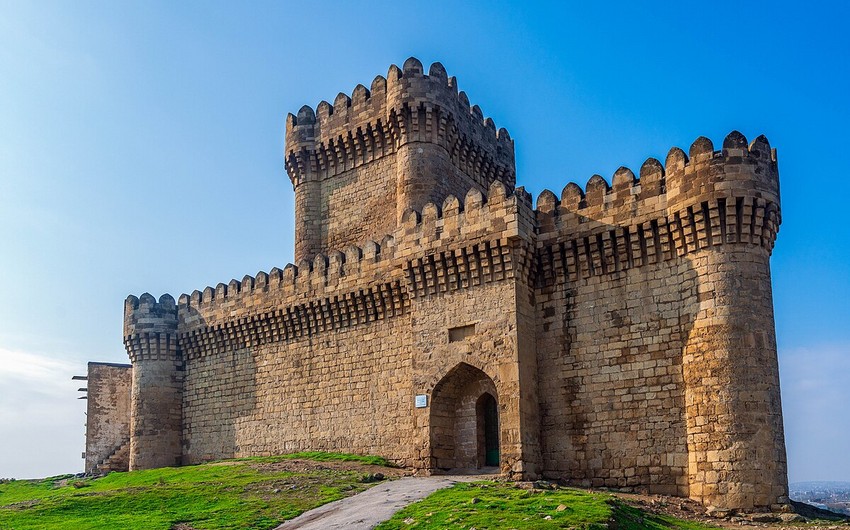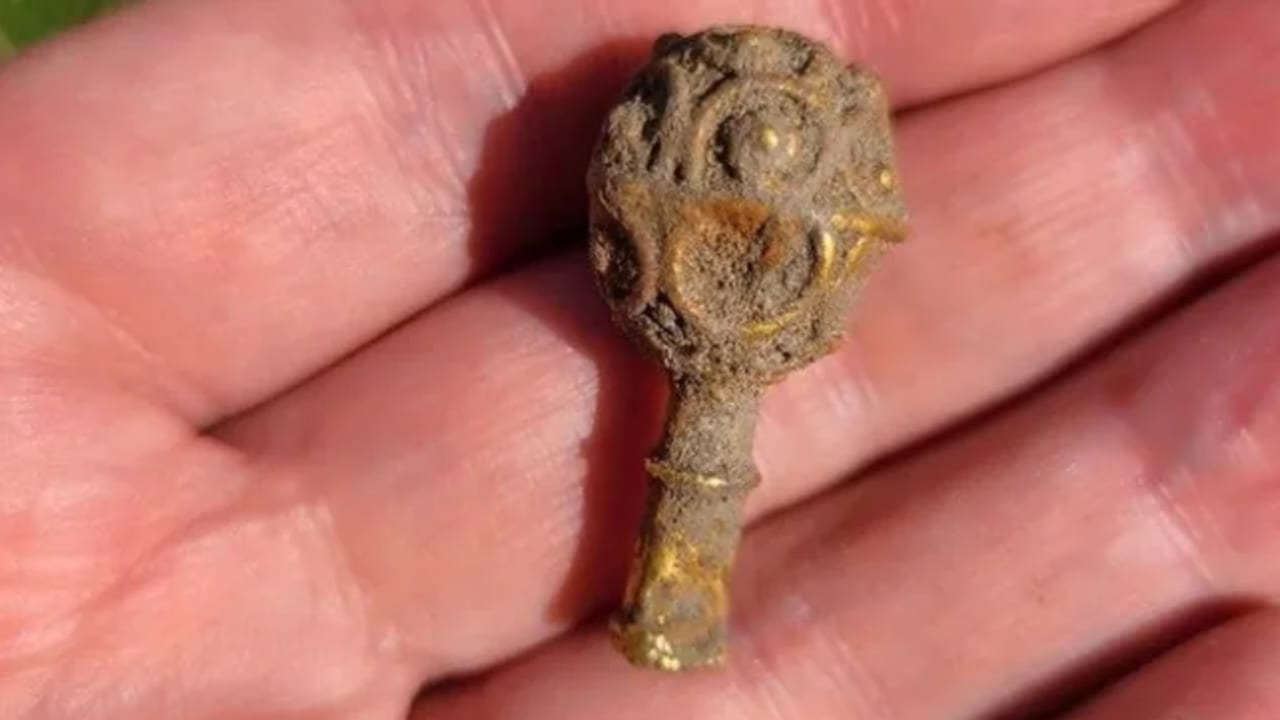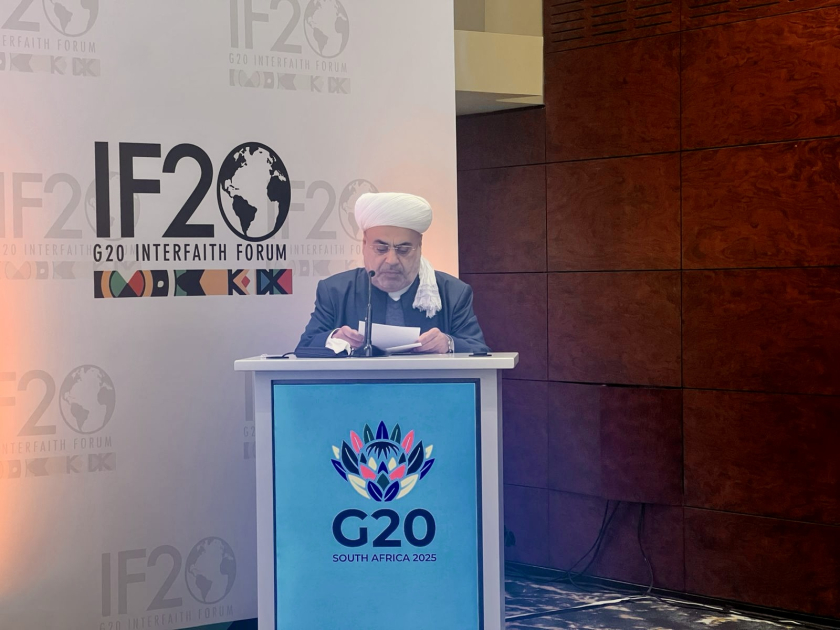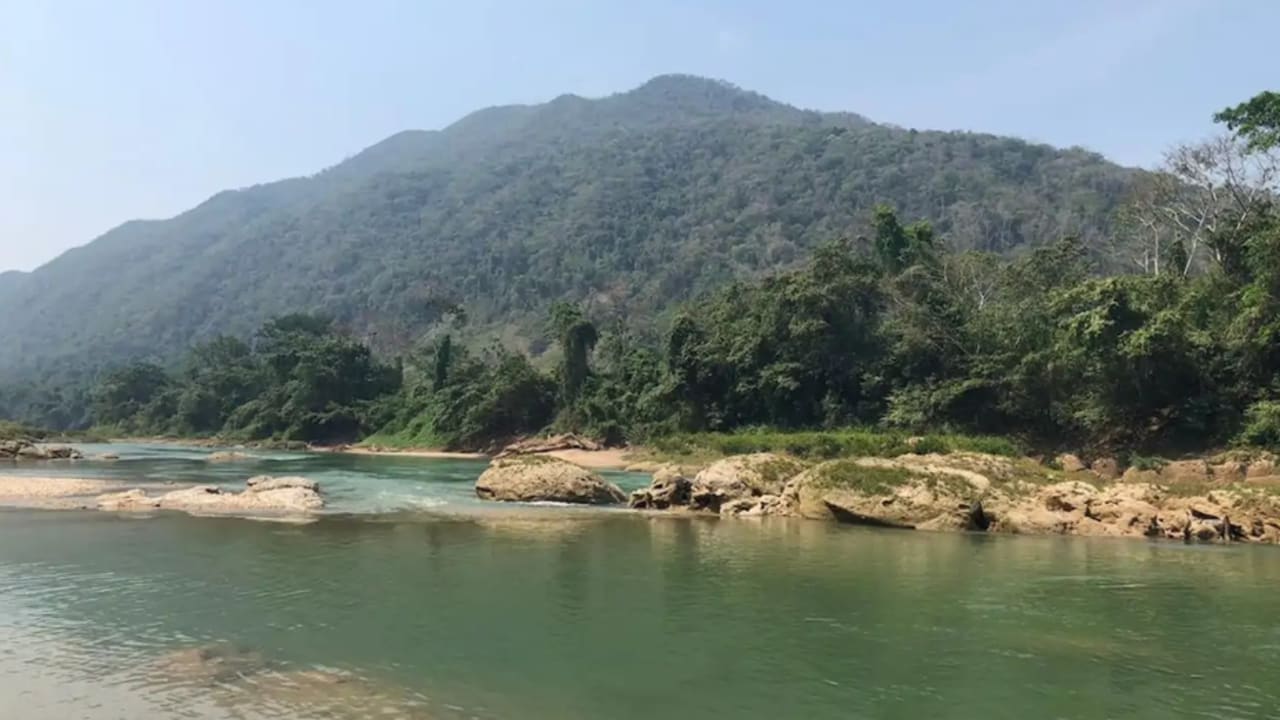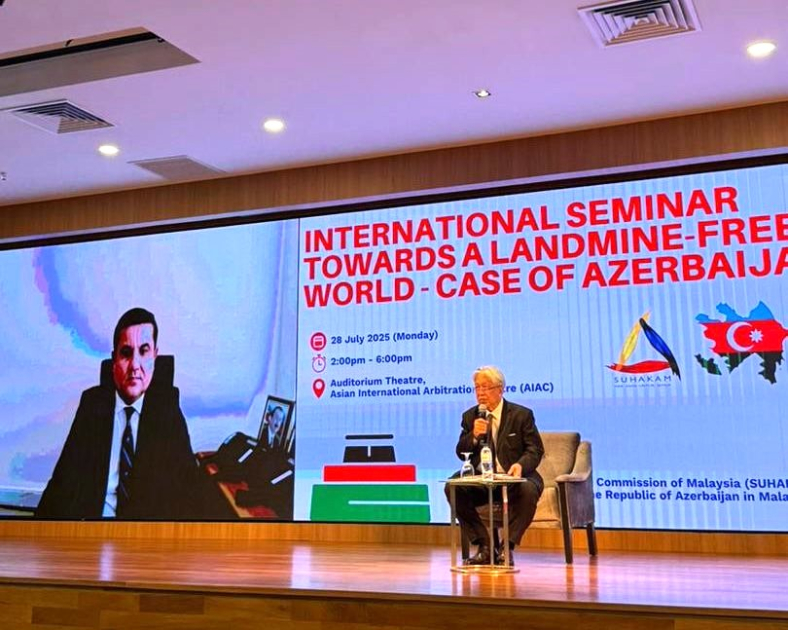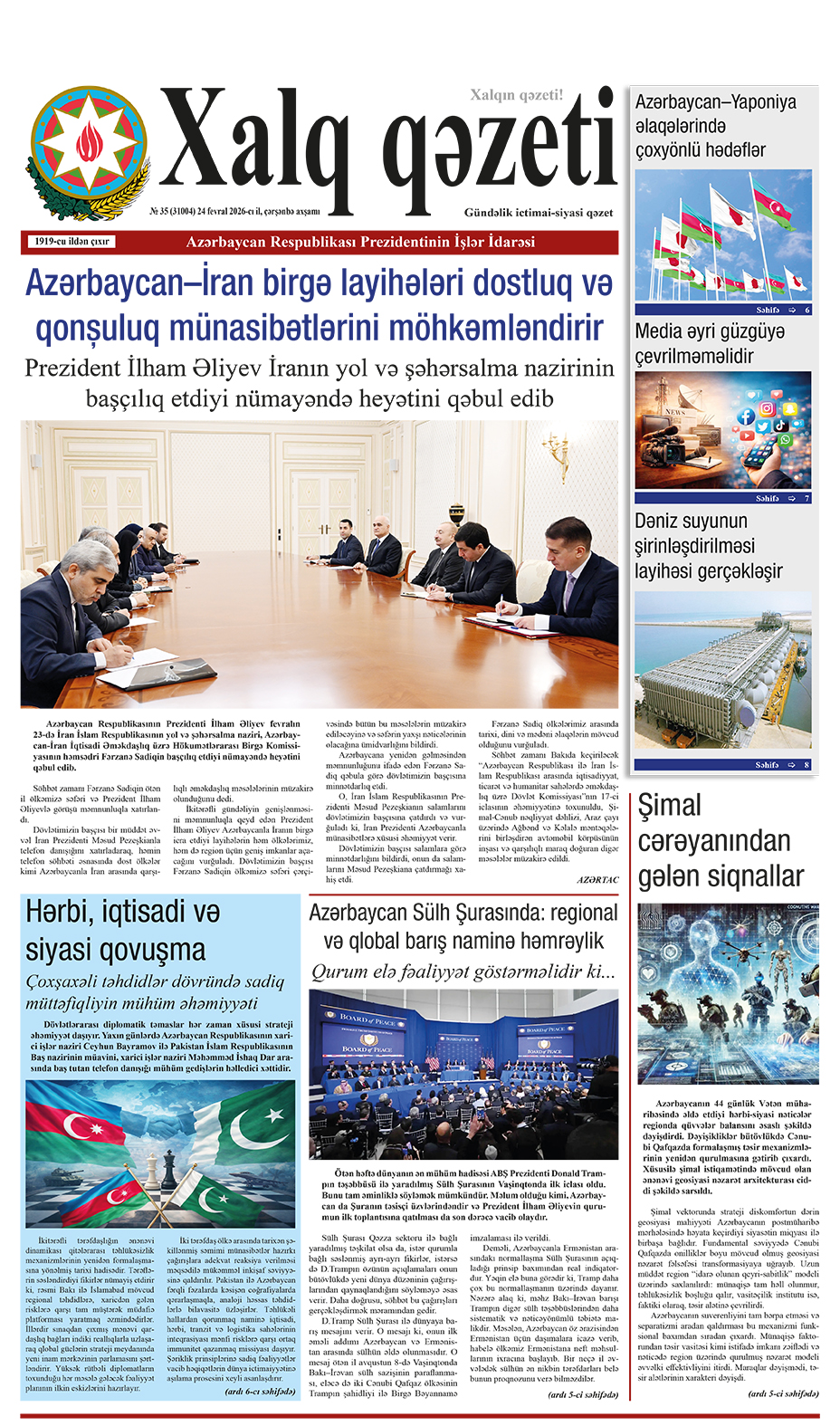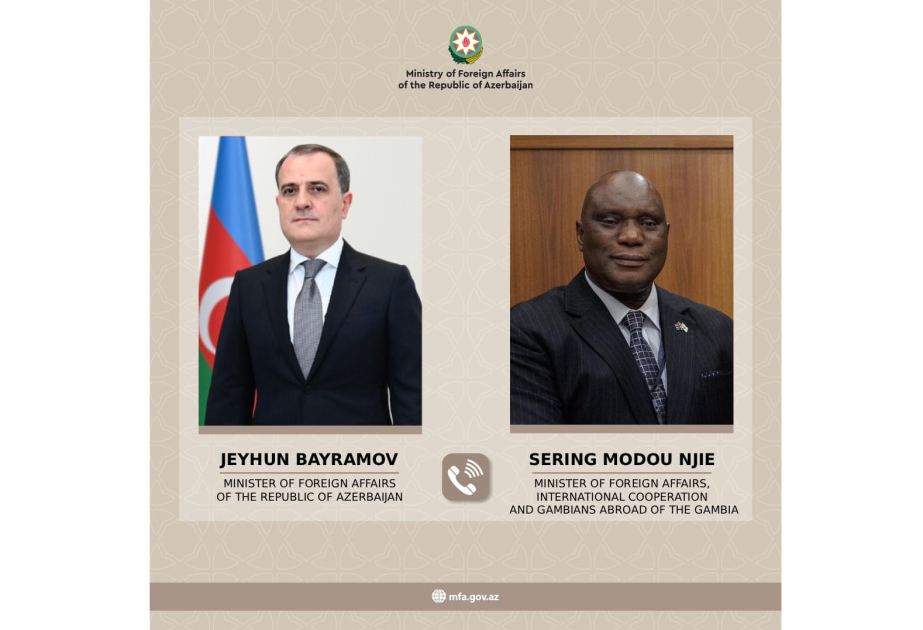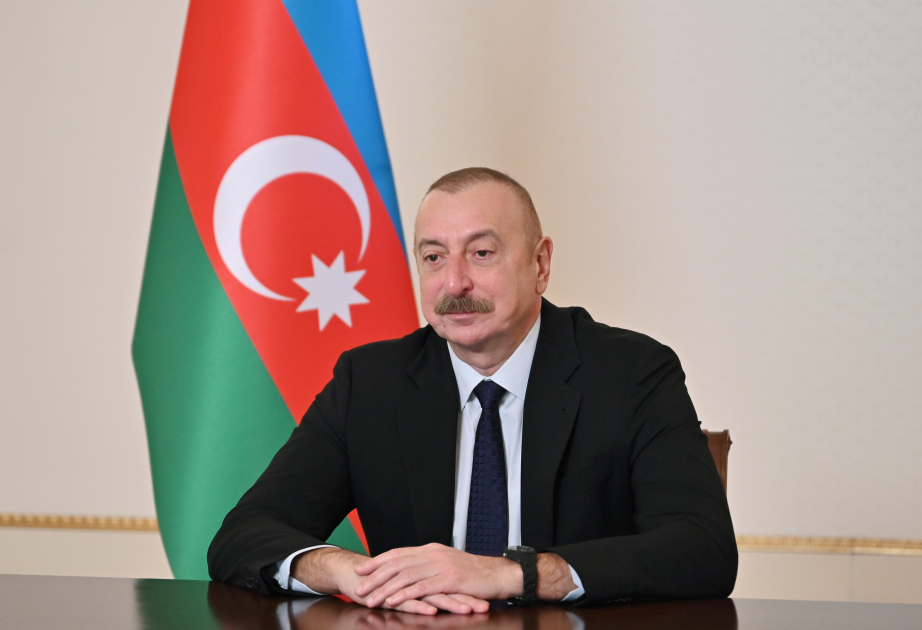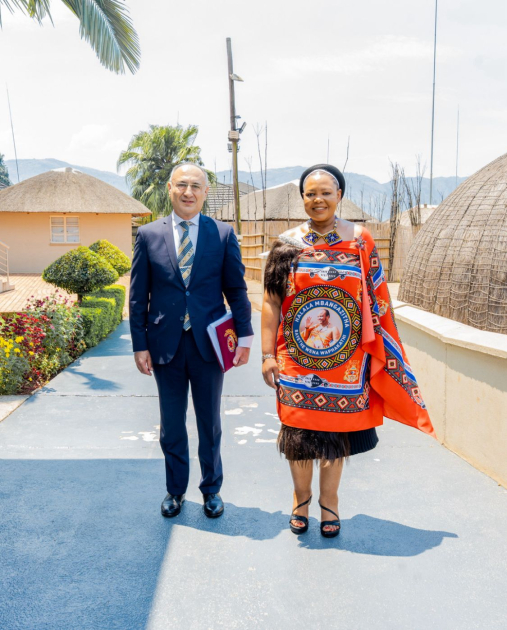By JERUSALEM POST STAFF
Sherif Fathi hailed the discovery as 'a significant scientific and cultural accomplishment that strengthens Egypt's status on the global cultural tourism map'
Egypt announced the discovery of three new tombs of prominent state officials in the Draa Abul Naga necropolis in Luxor, dating from the New Kingdom period (1550-1070 BCE), according to The Independent. The names and titles of the tomb owners were identified through inscriptions found within the burial chambers, according to a statement from the Egyptian Ministry of Tourism and Antiquities.
One of the tombs discovered belonged to Amun-em-ipet from the Ramesside period, who worked in the Temple of Amun. The tomb begins with a small courtyard leading to an entrance, followed by a square hall ending with a niche. Although mostly destroyed, surviving decorations in Amun-em-ipet's tomb show offerings, funerary furniture processions, and a banquet, including depictions of funeral furniture carriers. The western wall of the niche was later breached.
The two other tombs date back to the early 18th Dynasty. One belongs to a man named Baki, who served as a supervisor of the grain silo. Baki's tomb features a courtyard leading to the main entrance and a long corridor-like courtyard. Inside, there is a transverse hall leading to another longitudinal hall ending with an unfinished chamber containing a burial well.
The third tomb houses the burial of an individual named Es, who held multiple roles: supervisor at the Temple of Amun in the Oases, scribe, and mayor of the northern oases. This tomb has a small courtyard with a well, the main entrance, and a transverse hall leading to an unfinished longitudinal hall.
Sherif Fathi, the Minister of Tourism and Antiquities, hailed the discovery as "a significant scientific and cultural accomplishment that strengthens Egypt's status on the global cultural tourism map," highlighting its potential to attract cultural tourism.
"The fact that this discovery was made entirely by Egyptian hands reflects the exceptional capabilities of our archaeological teams," Fathi said, according to Al-Ahram. He described the tombs as "windows into the lives, roles, and beliefs of key figures in ancient Egyptian society."
Dr. Mohamed Ismail Khaled, Secretary General of the Supreme Council of Antiquities, stated that further study of the inscriptions from other tombs is necessary to better understand the identity of the owners. "As excavation work and scholarly analysis continue, the newly discovered tombs promise to yield valuable information on the social, administrative, and religious landscape of ancient Egypt," Khaled concluded, according to Al-Ahram. He indicated that the mission will continue cleaning and studying the remaining inscriptions in the tombs to learn more about their owners and to publish the excavations scientifically.
The Egyptian Ministry of Tourism and Antiquities released photos of artifacts and statues discovered in the tombs. This discovery offers insight into the lives of high-ranking officials who once served in temples and administrative positions across ancient Egypt, reflecting the capabilities of Egyptian archaeological teams.
The discovery comes ahead of the opening of the Grand Egyptian Museum, scheduled for this summer, although the final official date remains to be confirmed. The Grand Egyptian Museum will showcase more than 100,000 artifacts from Egypt's ancient heritage.
In January 2023, Egypt made several discoveries near the mortuary temple of the female pharaoh Hatshepsut in the Deir el-Bahari complex on the west bank of the Nile, including ancient rock-cut tombs and burial shafts dating back 3,600 years. At the end of last year, Egyptian and American archaeologists excavated an ancient tomb containing 11 sealed burials near Luxor. The tomb, which dates to the Middle Kingdom, was found in the South Asasif necropolis, near the temple of Hatshepsut.
"This latest find comes amid a broader revival in Egypt's archaeological sector, where a series of discoveries continue to make headlines and inspire awe both locally and internationally," Khaled said.


